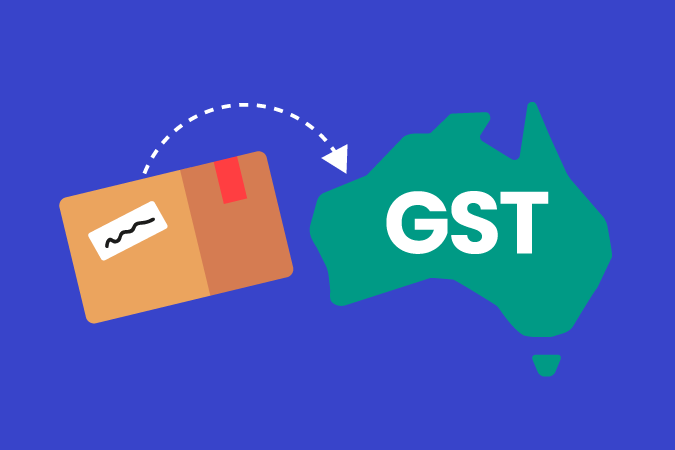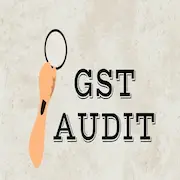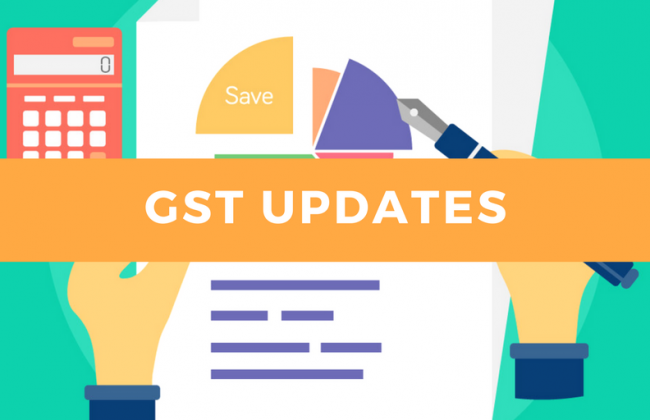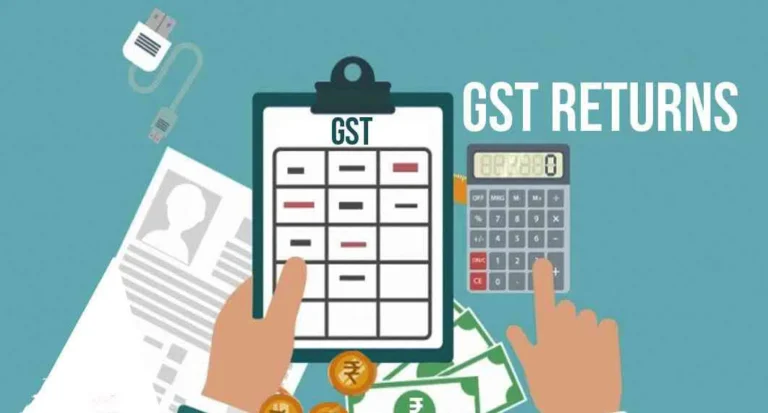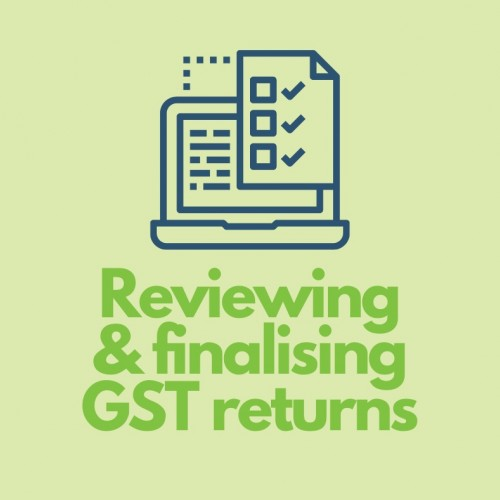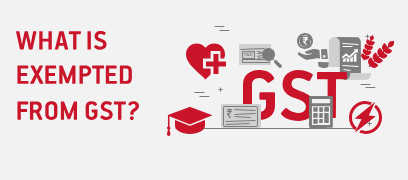GST stands for Goods and Services Tax (GST) and as per the GST New Zealand rules and regulations since 2010, fifteen percent (15%) is added to goods and services as tax. As per the regulations, any business, trade, and company selling and buying goods and services must be registered for GST in New Zealand. It is applicable if and when the revenue of a business or company in the previous 12 months is $60,000 or the anticipated revenue is $60,000. Generally, the displayed price on products and services in New Zealand is GST inclusive i.e., a 15% tax is added to the product price.
However, sometimes it’s not added and the price list mentions the price plus GST (+GST) to indicate an added charge of 15% will be added to the displayed price. GST-registered businesses submit the GST to the Inland Revenue Department. The GST periods differ depending on the size of the company and the amount of sales during a certain period.
GST can be filed on a monthly basis, two-monthly basis, or six months basis and to account for sales and purchases payment receipts, invoices and a mix of the two can be used. GST New Zealand can be filed at the inland revenue department either using a paper form, via an online portal, or accounting software.

Continue reading to understand how GST works (nz).
GST In New Zealand (NZ) and who pays GST in NZ
Different countries have different names for this good and service tax like GST and VAT Value Added Tax and the percentage of the tax varies. The purpose is to regulate the market and free trade and ensures standard procedures are followed in business transactions. It is a form of indirect tax that the government collects via the sale of goods and services that businesses impose and give to the government.
In other words, any entity i.e., business, trade, etc. that is registered under the government is liable to pay tax on any taxable activity with a turnover of $60,000 in the 12 months period. It is advisable for all business entities and companies to register no matter if it’s a small business or a big company. A GST-registered business can apply the GST NZ rate when buying and selling goods and services (including imported products) so they comply with tax returns and pay taxes to the government on the GST due dates. In simple words, in any taxable activity, a business pays as well as collects GST during various transactions and should keep a record of these for GST returns.
As a registered business entity for payment of GST, you must know and decide these two things for a GST return:
Filing Frequency for GST in New Zealand
When GST is due and a business need to file and pay the 15% tax, the following documents and procedure can be followed depending on each company, business type, and amount of revenue generated. First of all, businesses must bear in mind how GST is calculated i.e., documentation that shows transaction details during a GST period and have everything ready by GST return dates.
When a company or business registers for GST, they can decide how frequently and when the business will file the GST returns. There are no pre-set GST return dates (nz) and businesses can decide to file their GST return forms:
The filing frequency is also called the taxable period for a business. The Filling Frequency of GST New Zealand depends on the amount of revenue and for businesses and traders in New Zealand, it is suggested that:
As a responsible business, setting GST filing dates (nz) and paying on time is a great way to file tax returns on time and avoid any delays and irregularities in tax compliance procedures. During a taxable period, the following GST due dates (nz) must be kept in mind no matter if you are filling on a monthly basis, two monthly bases, or six monthly bases:
These GST payment dates are applicable to every business and especially for a large business and company with 6 monthly GST return dates, it is crucial to have the above-mentioned dates in mind in order to avoid any delays

Accounting Basis for a GST Return
Usually, GST can be filed based on the following:
Basically, a record of all the buying and selling must be kept meticulously during the GST periods so any inconsistencies and tax irregularities can be avoided. In the GST return form, all records must be present along with the documentation.
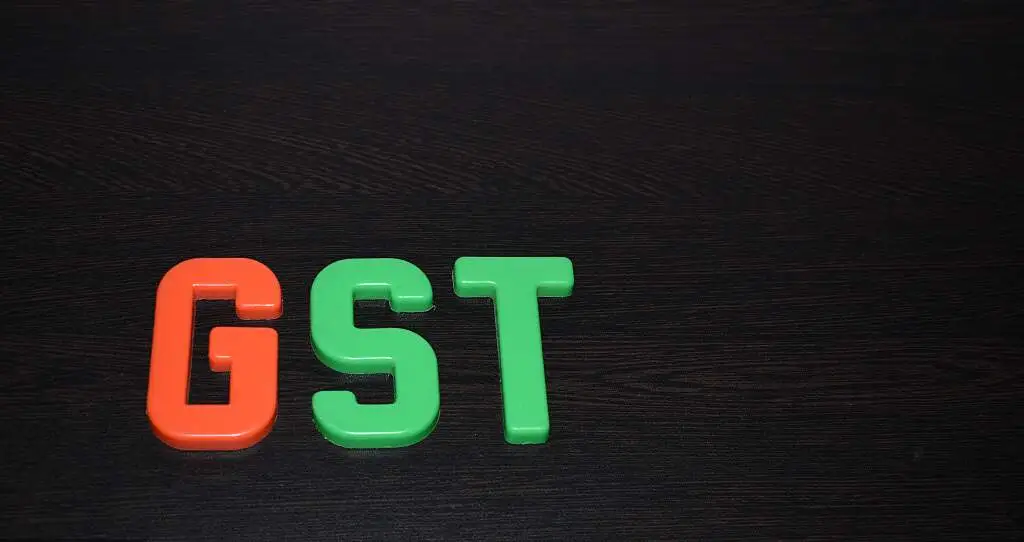
GST Return: Paying GST in New Zealand
The Inland Revenue Department has three options to file GST returns:
Now that you got basic information about GST, registered for a GST return if you haven’t and establish your business. and as a registered business always remember when is GST due, if possible, note GST dates in your calendar so you can file on time. Also, remember how frequently you should file GST returns, and keep a good record of sales and purchases. The process of GST New Zealand is fairly easy to understand and follow through so don’t hesitate and build your business in good practice and legal grounding.

